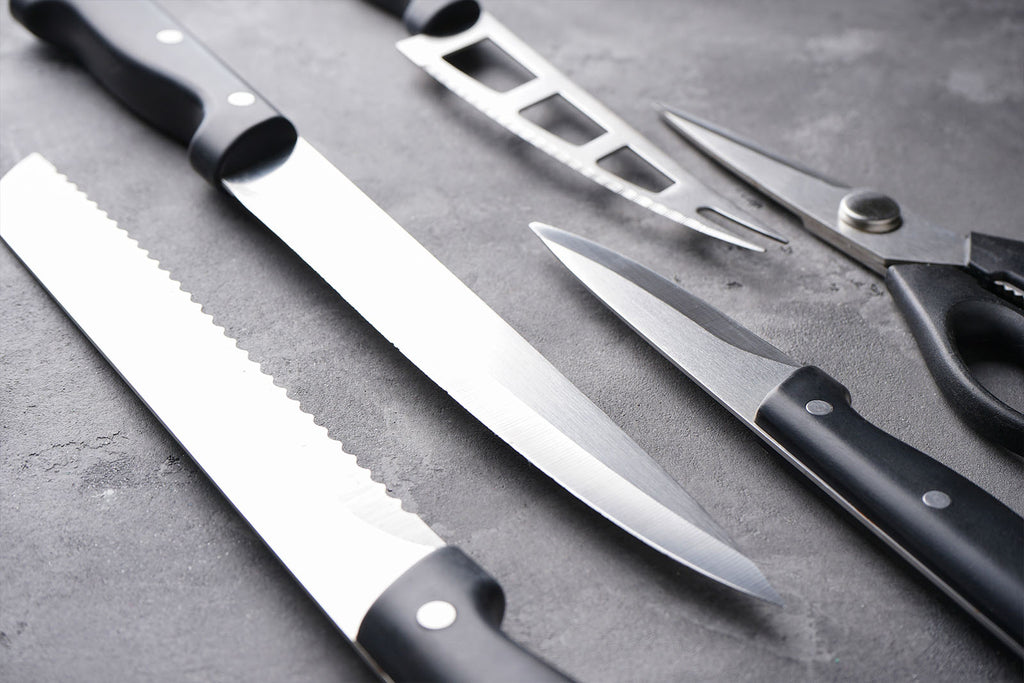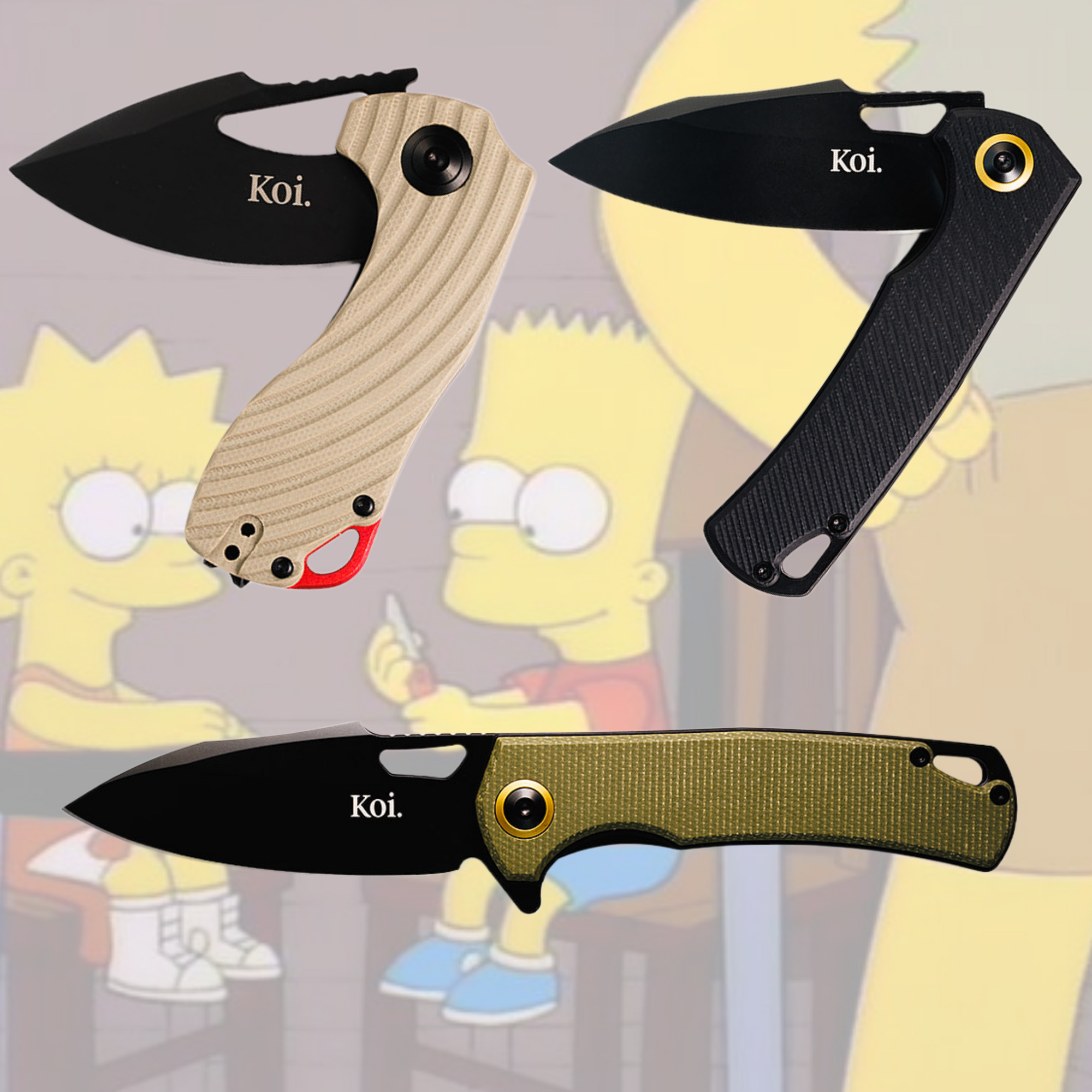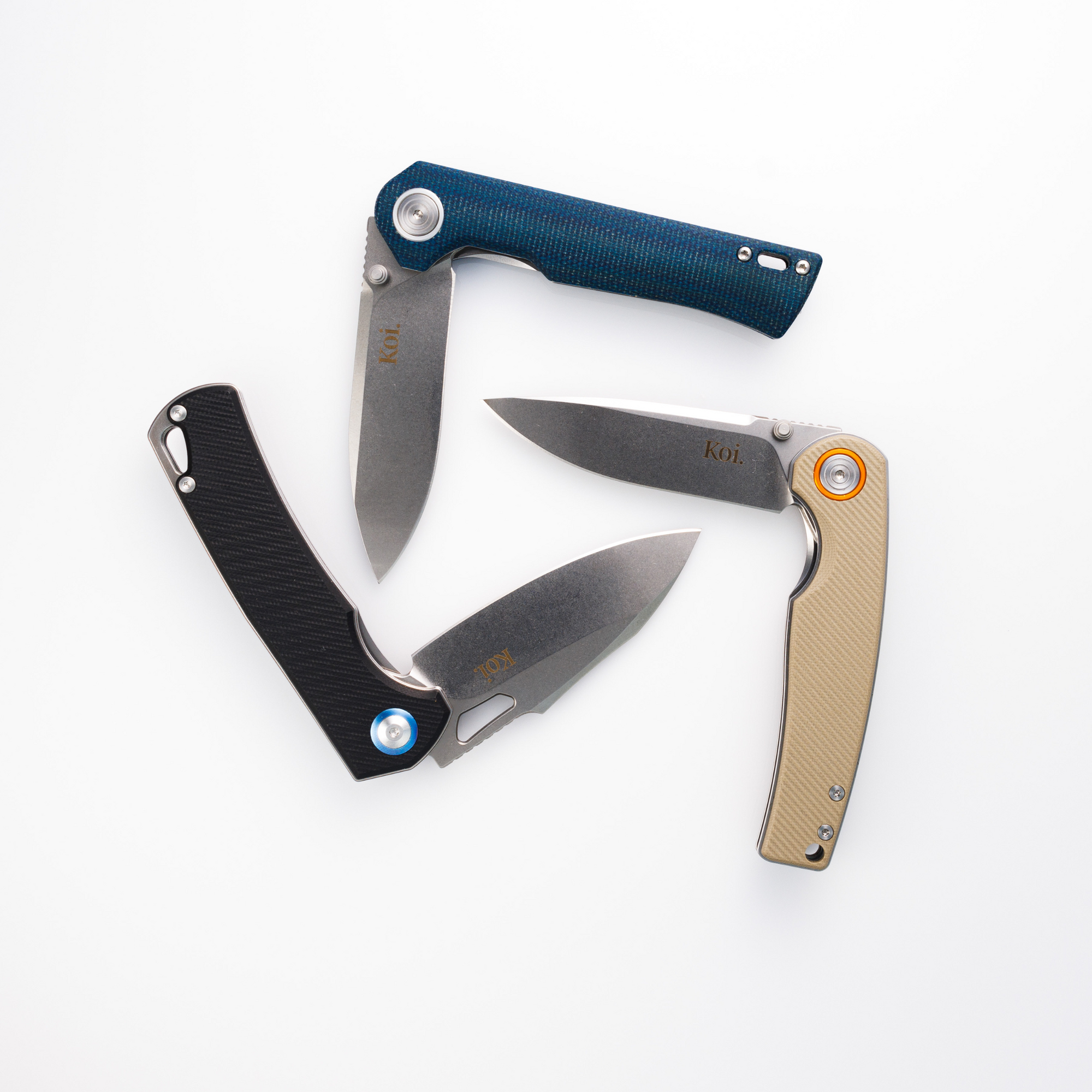It's time to prepare lunch for your kids, but you notice that your favourite knife is dull and maybe even slightly rusted. So now, it will be hard to chop those fruits and vegetables.
But, no worries, it's easy to learn how to care for a knife!
The new year is around the corner, and you must be thinking of ways to increase the lifespan of your favourite knife! You may or may not know how to use a knife professionally, but today you can learn some knife care tips!
Read on for more information.

What Are The Best Knife Care Tips?
A kitchen knife is must-have for preparing food, and making sure it is sharp, is crucial for safety and ease-of-use. All knives require proper knife care. Let's discuss how you can take care of the sharp knives and prevent them from getting dull!
Some of the tips for knife care are as follows:
#1. Keep Your Knife Clean After Each Use
Lemons, tomatoes, and onions are acidic. The acid can corrode the blade of your knife over time. So, it's wise to clean your knife after cutting anything acidic, especially when using the high carbon steel knife.
Most modern kitchen knives are stainless steel, meaning they contain certain alloys that prevent rust. Neglecting your knife will eventually lead to small rust patterns developing on your blade, especially closer to the cutting edge where the stainless steel might have worn back.
Also, while working, keep your knife clean. Wipe it with a kitchen towel to remove the food particles after each use.
#2. Wash Your Knife with Soapy Water
Use mild soap and hot water to wash and clean your knife. It's best to wash it immediately after use to avoid corrosion and for improved hygiene. For best results, never soak your knife, as this can over-saturate your handle which leads to bacteria build-up.
Caring and maintaining for your knives is essential to improve the lifespan and avoid injury. So, washing by hand is ideal for keeping them clean.
#3. Immediately Dry Your Knife
Don't let your knife air dry, as it can cause rusting or germ build-up. Instead, it's best to use a hand towel to wipe it clean as soon as you wash it.
You can also use a paper towel when drying your knife. It may appear small, but these things can help keep your knife in top-notch condition.
Bonus Tip: You can oil your knife after drying it! Use any neutral oil for this purpose. But make sure you don’t touch the blade edge! It's best to use a paper towel for oiling the sharp edges and always work towards the knife edge. Placing your knife on a flat surface can also help to avoid cuts when polishing.
#4. Use The Right Cutting Board
Use the right cutting board! Yes, you heard that right. You may think that glass cutting or marble boards are great for your knife, but actually, they can affect the blade of your knife.
It's best to go for the wooden or plastic boards as it's easy on the blades. So, if you don't want the knife blade to become dull, opt for the right cutting board.
Bonus tip: Shop for chopping boards at hospitality stores (and online) as these are industry standard and last a long time! They also come in a range of different colours, so you can keep your meats and vegetables prep separate with specific colours.
#5. Sharpen And Hone Your Knife
You should consider a professional tune-up each year. Or if the knife appears dull, it's time to sharpen it. You can use a whetstones and leather strops for sharpening the blade. Similarly, a honing rod can be of great help. By honing the knife, you are aligning its edge.
A dull knife is dangerous in comparison to a sharp knife. You would be applying more pressure when using the dull knife, and thus, you may cut or injure yourself.
A sharpening stone can help in sharpening the knife. You can also opt for an electric sharpener or let a professional sharpen it for you. You can sharpen your knife twice a year and hone it before each use.
To hone or stone? Japanese-style knives are made of very hard steel so can only be sharpened using whetstones. Western-style knives are softer by comparison, so a honing rod can correct an edge. The harder the steel, the longer the edge lasts, so generally harder steel is preferred by chefs.
We have a range of whetstones available here>>>

#6. Don't Use The Dishwasher
The heat of the dishwasher is not suitable for cleaning your knife.
If the knife handle is wood or is constructed from resins, it won't be ideal for cleaning it in the dishwasher.
The reason for this is two-fold. One, the dishwasher is too hot for too long for the health of your knife. Two, the water from the dishwasher over-saturates your knife handle, which results in bacteria build-up.
#7. Focus On Storing Your Knives Correctly
Be careful with storing your knives. Use knife blade covers to minimize the contact of your knife with other utensils. When in contact with other utensils, your knife can chip, break, or become dull.
You can also use a kitchen knife block for storing your knife. A magnetic knife rack can also help, but make sure the blades are facing upward as you don't want to injure yourself while accessing the knives.
We have a range of racks and storing options available here>>>
Wrapping Up
If you expect excellent performance from your favourite knife and long life, it's time to focus on maintenance. You can wash your knife by hand using soapy water and avoid putting the knife in the dishwasher. Instead, use a hand towel to dry it. Always keep your hands safe when dealing with the knife blades. Keep the blades sharp and honed. Make sure your cutting board is right, as it can impact the lifespan of your knife. Finally, focus on storing your knife the right way, especially when kids are around the house.





